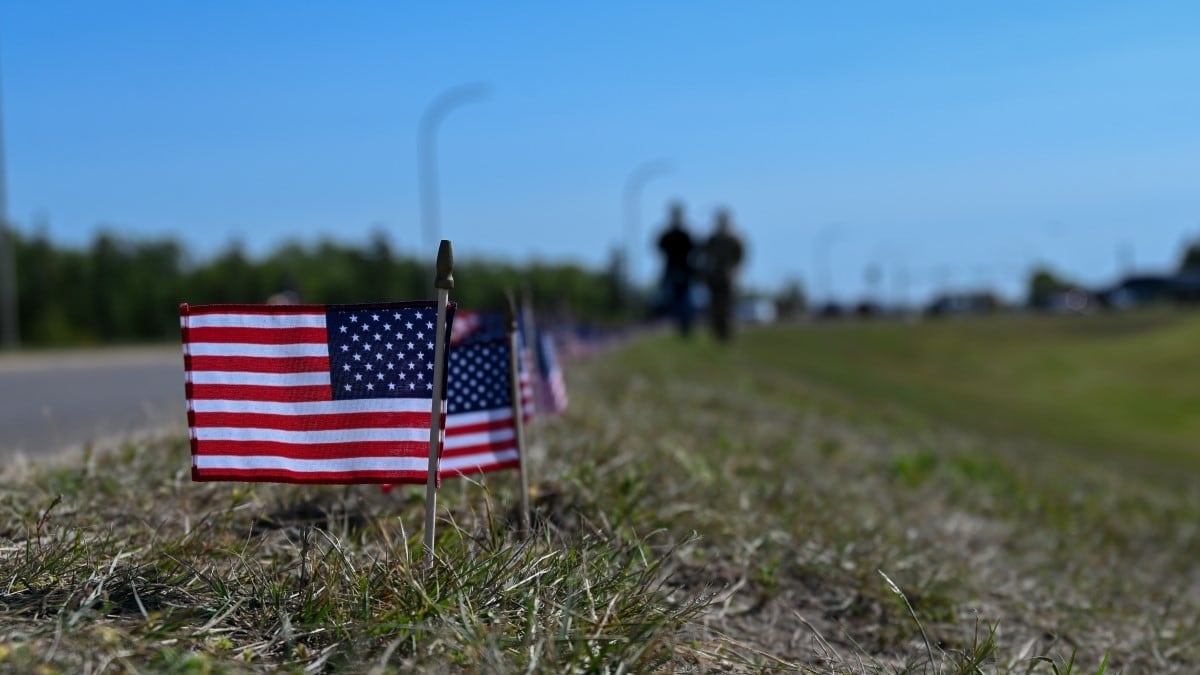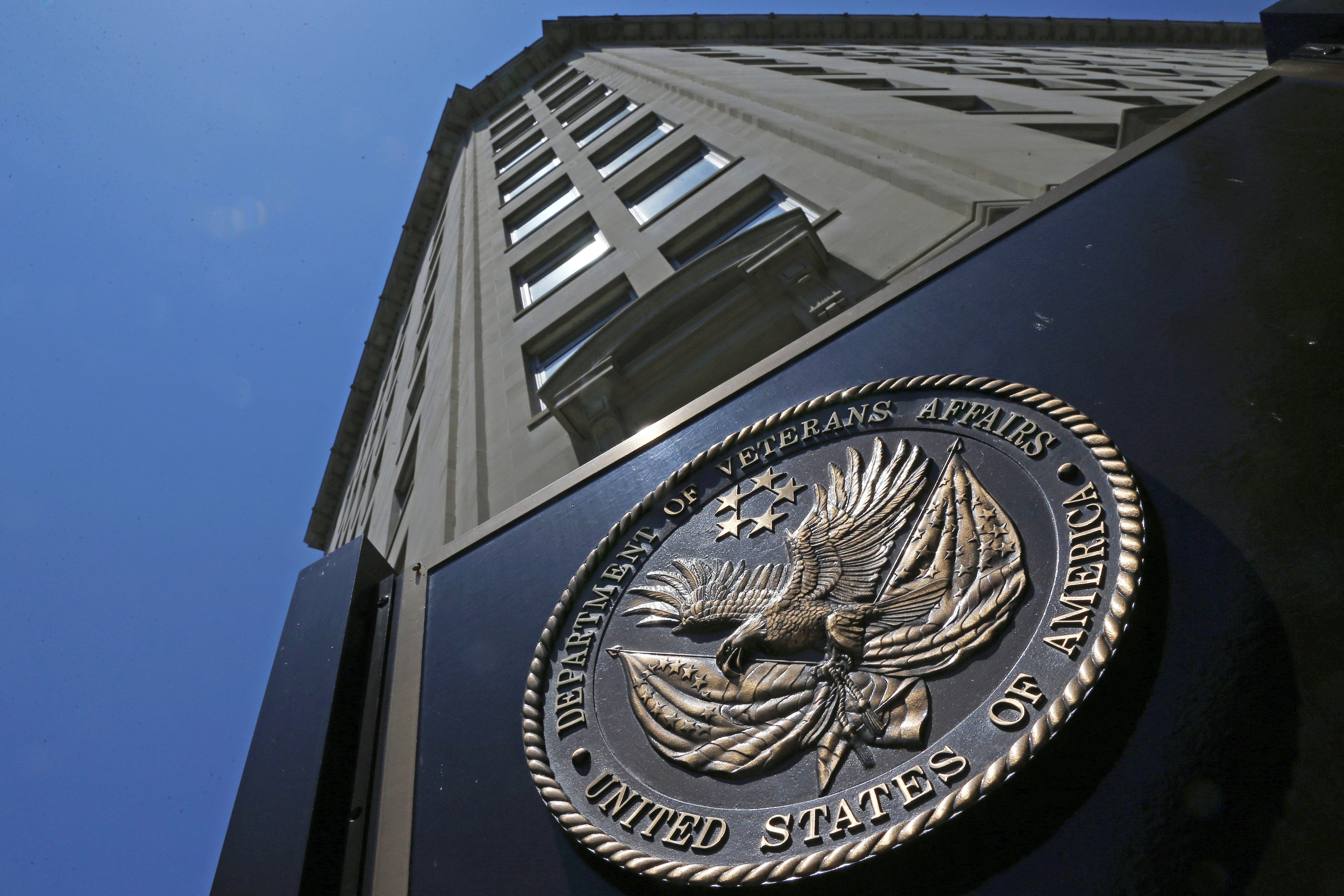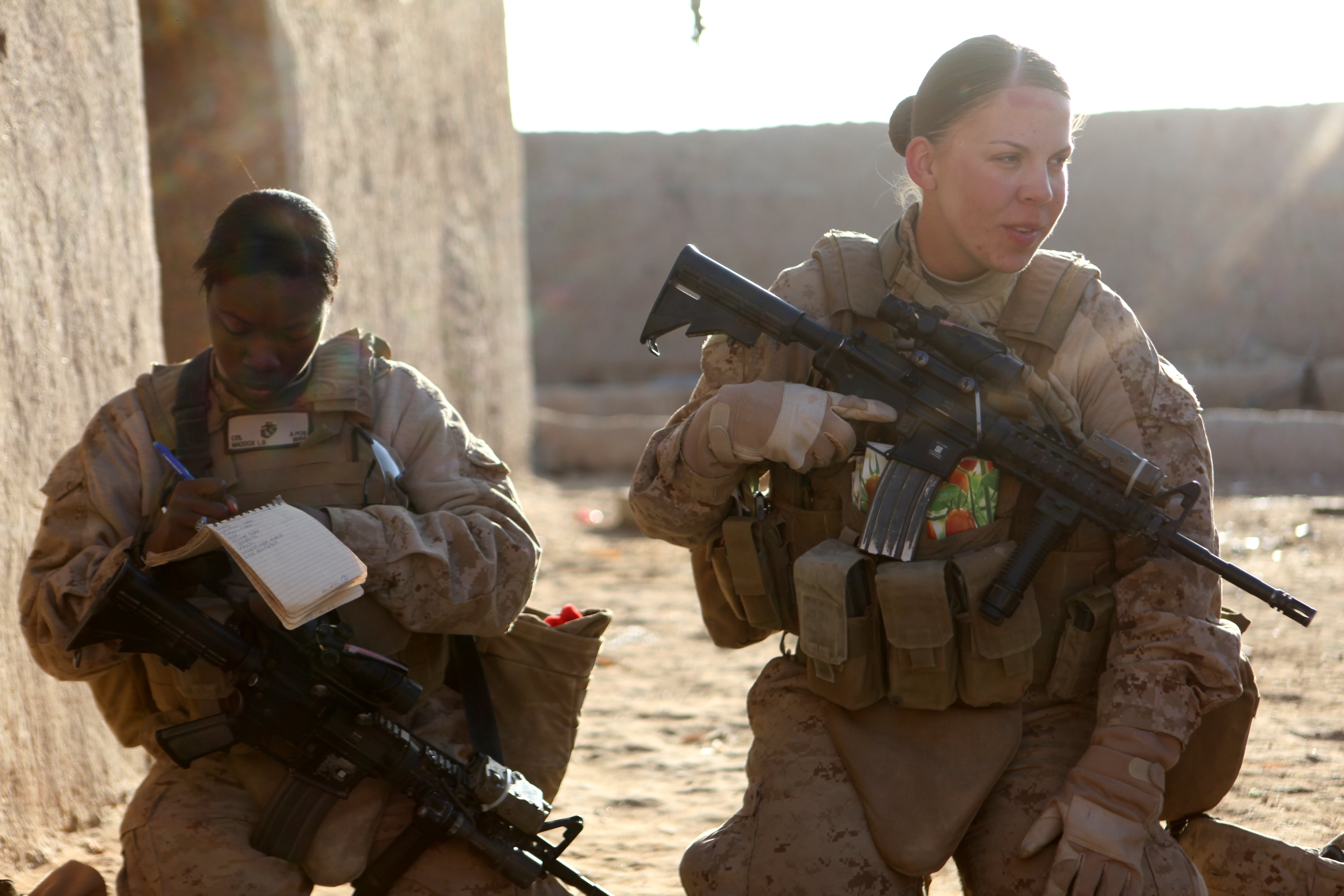Two Navy al aviators remained hospitalized more than two weeks after they suffered injuries when their F/A-18 Growler's canopy malfunctioned, Navy officials said.
The mishap that occurred at Naval Air Station Whidbey Island on Dec. 16 prompted the Navy to order a three-day operational pause that halted flights for hundreds of F/A-18 Growlers and F/A-18 E/F Super Hornets, which are similar aircraft.
The Navy allowed the aircraft to resume operations after a preliminary investigation identified the problem and methods for avoiding it, Navy officials said.
"The pilot and Electronic Warfare Officer were both seriously injured in the mishap; they are still in the hospital and are in stable condition," Cmdr. Jeannie Groeneveld, a spokeswoman for Naval Air Forces told Navy Times Jan. 4.
The Navy has not released the names of the aircrew or the nature of their injuries.
One Navy official who was not authorized to speak publicly about the incident told Navy Times that the two-man aircrew was getting ready to take off on a training mission in an aircraft assigned to Electronic Attack Squadron 132 when the aircraft's plexiglass canopy separated from the airframe.
Groeneveld declined to discuss details of the incident, which is still under investigation. But she also said that some questions have already been answered as well.
"Engineers were able to determine that a combination of washing the aircraft prior to the flight, and freezing temperatures contributed to the mishap," Groeneveld said. "Mitigation measures have been put into place to avoid these conditions in the future."
Already, she said, ground emergency procedures have been updated and will be briefed to each crew. "That will help them identify and quickly react to avoid a similar situation as was experienced during [the] mishap," she said.
The canopy is routinely raised and lowered as the aircrew enter the cockpit and locks into place for flight.
During an in-flight emergency, when the aircrew ejects, the canopy is jettisoned from the aircraft, forced away by explosive bolts. It can also be jettisoned from the outside by pulling a lanyard. But the Navy has yet to detail what and how the system malfunctioned in this situation.
Mark D. Faram is a former reporter for Navy Times. He was a senior writer covering personnel, cultural and historical issues. A nine-year active duty Navy veteran, Faram served from 1978 to 1987 as a Navy Diver and photographer.




